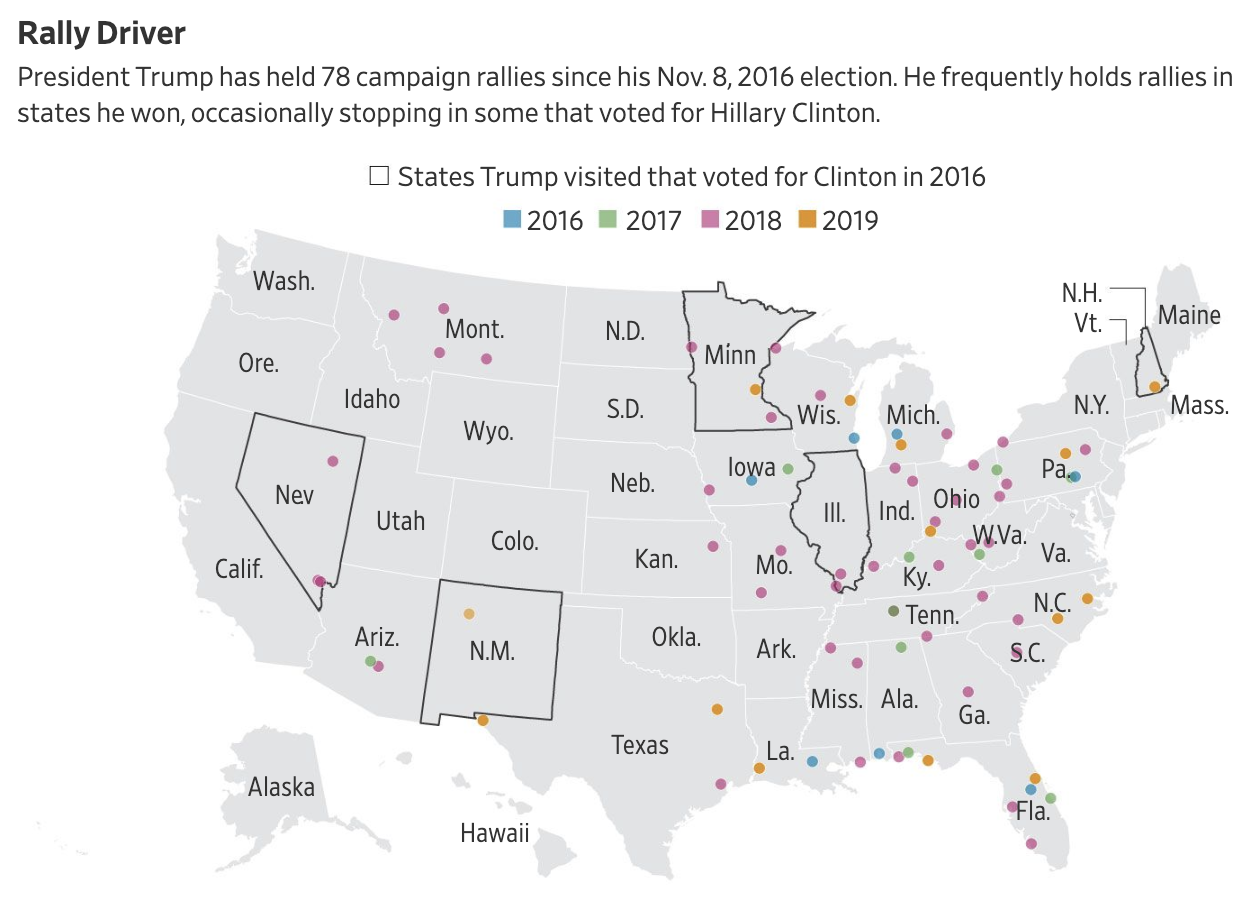My easy like Sunday morning policy reads:
• The Decline and Fall of Rudy Giuliani: The former New York City mayor once polled as the most popular politician in America—of either party. Today, he’s at the center of the scandal that threatens to bring down a presidency. (GQ)
• What if you call 911 and no one comes? Inside the collapse of America’s EMS services. (NBC News)
• 10% of Twitter users produce 97% of U.S. political tweets (Axios) see also Pro-Trump Twitter Accounts Are Obsessively Attacking The Congressman Leading The Impeachment Inquiry (Buzzfeed)
• Unpacking the economics Nobel Prize: When the world is facing large systemic crises, why is the economics profession celebrating small technical fixes? (Open Democracy)
• The Obscure Charges That Utility Companies Add to Your Bills (ProPublica)
• The White Cliffs of Brexit: The port of Dover is expected to be paralyzed by Britain’s departure from the European Union. So why are its residents so desperate to leave? (New Republic)
• The Man Who Couldn’t Take It Anymore: “I had no choice but to leave,” General James Mattis says of his decision to resign as President Trump’s secretary of defense. (The Atlantic)
• The Student Vote Is Surging. So Are Efforts to Suppress It. (New York Times)
• Most families would pay less for better care with Medicare for All. (USA Today) see also Meet the uber-rich who want a wealth tax (AP)
• Astrology in the Age of Uncertainty: Millennials who see no contradiction between using astrology and believing in science are fueling a resurgence of the practice. (New Yorker)
Be sure to check out our Masters in Business interview this weekend with Nobel Laureate Michael Spence, discussing his work on the dynamics of information flows and market structures, and his book, The Next Convergence: The Future of Economic Growth in a Multispeed World.
Trump’s Rallies Aren’t a Sideshow. They Are the Campaign.

Source: Wall Street Journal

